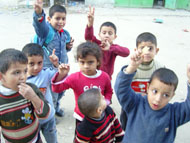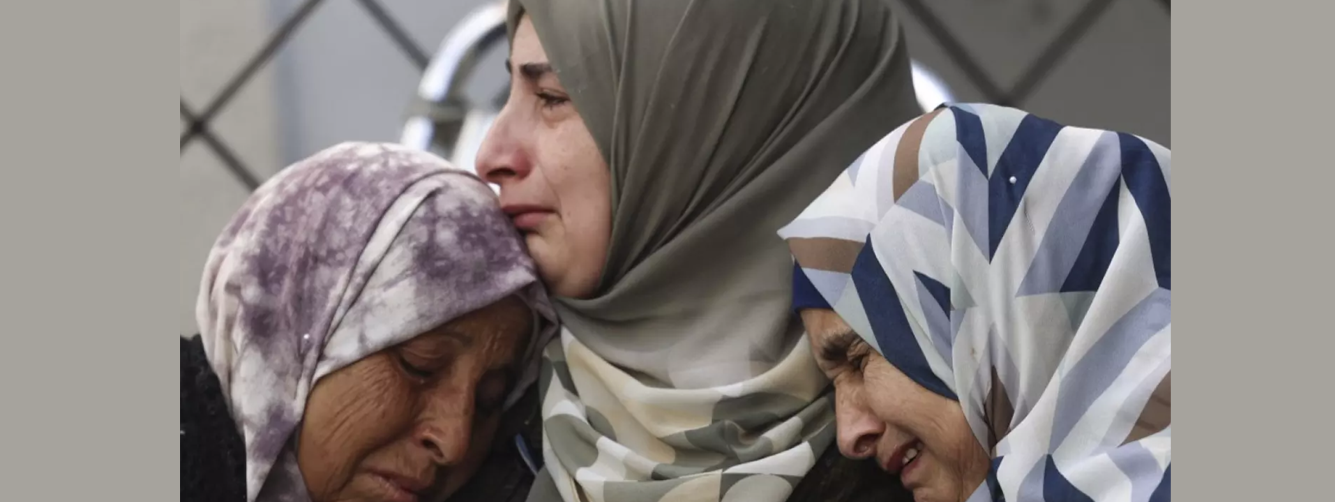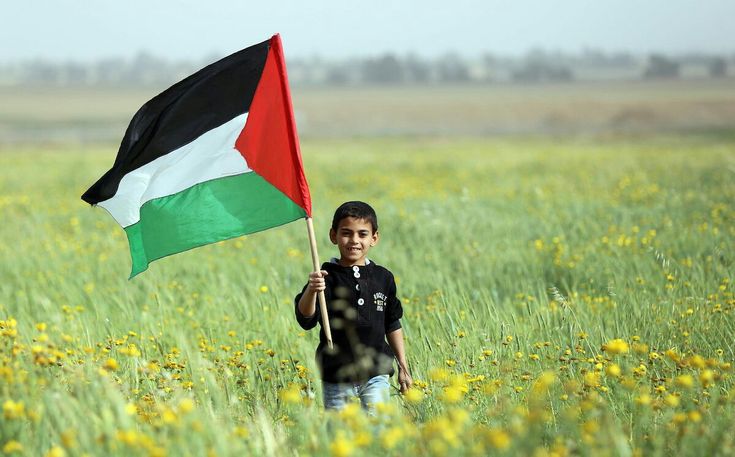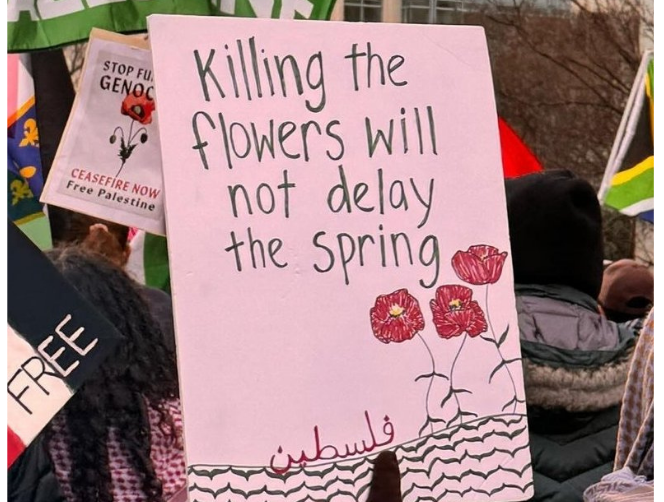
During my first week in Gaza, I attended a performance put on by the performing arts and drama club of the Qattan Center for the Child. The Center’s musician, choreographer and drama director adapted a short play from the story of ‘Sleeping Beauty’ and trained the children to perform.
While attending their final rehearsal I spoke to one of the children, who overheard me speaking English to the employees. Nine-year old Rashid was introducing the play and spoke English very well. He asked me if I liked Gaza. When I told him yes, he seemed shocked. “But we have a lot of problems here,” he said.
Some children in an English class I teach explained it even better. “It’s not that we don’t like Gaza, but the [Israeli] F16’s are not nice.”
Growing up with the burdens of occupation, war and siege, children in Gaza are deprived of an innocent childhood. One social worker who had, in easier times, been on a trip organized by an NGO to take 20 kids from Gaza to Turkey for a 14 day holiday told me how much the children enjoyed it. “They had a great time; they visited playgrounds and parks. But this made them realise that not all children live like they do.”
On the contrary, Gaza’s children are preoccupied with the belligerent situation around them. When asked what they would like to be when they grow up, most children say ‘a fighter’ or ‘a policemen’, a direct reflection of the insecure situation in which they live.
The Qattan Center for the Child in Gaza offers children library services, recreational and extracurricular activities and the chance to participate in artistic clubs. Growing up in a disadvantaged area, riddled with conflict and violence, this center is vital in supporting children and offering them a safe and quiet place to express themselves and escape from daily realities.
Speaking to the Center’s employees after Sleeping Beauty, I learned more about the children involved in the play. The budding actors were from a variety of backgrounds, some poor, some new members to the artistic clubs and some long term, committed members. The director of cultural activities, Haifa, told me the story of one of the children, Wadih.
“This particular child was very introverted and shy; he found it hard to integrate with other children and would not speak unless spoken to. He found it really hard to perform his part; we knew we would have to work very hard with him if he was going to participate in the final show. He had recently lost his mother in a horrific accident so we knew he was going through a hard time. By the end of all our training sessions and come the final performance, his level of performance had improved vastly and he was no longer shy to perform or communicate with others. We were really proud of him.”
Social workers in Gaza tell of the aggressive behavior and general behavioral problems of children. “Following the last Gaza war, the children showed heightened levels of anxiety; they were very hyper, found it difficult to concentrate and refused to listen to their parents,” one social worker, Rania, 22, told me, “When the political situation deteriorates so does the behavior of the children. There are more cases of violence in schools, and incidents of nightmares and bedwetting at home. Children feel very insecure and anxious, particularly because they notice that their parents feel frustrated and scared and unable to fully protect them from the dangers of the situation in which they live.”
This is no surprise. With the soaring rate of unemployment due to the siege and political divide, the majority of Gazans face financial insecurity. For this reason, parents feel unable to fully provide for their children and subsequently pass their frustrations onto their children. It is normal to see children selling items such as chewing gum in Al Remal district of Gaza City because they have to contribute financially to their family. As such, they are unable to attend school.
Which brings us to yet another stumbling block in Gaza’s development. The right to receive an adequate level of education is hindered by psychological and social pressures, as well as by the blockade. Classrooms are typically overcrowded, one reflection of the Gaza Strip’s high child population. There are not enough schools, classrooms and resources to facilitate them all. As such, they are forced to go to school in shifts, the first shift starting at 6 am. When I asked one student how she feels about having to go to school so early, she said, “I feel far too sleepy to concentrate.”
The constant reality in Gazan society is this continuous circle of violence. Living under military occupation and siege are all combined sources of anger, hopelessness and tension. This is passed on to society’s weakest elements – women and children. This became clear to me during an activity I attended for children at the QCC. The children were drawing pictures and telling of how their teachers hit them in school. Teachers are not well paid and live in the same closed and oppressive environment as everyone else, so it is all too likely that they vent their frustrations onto those of weaker status.
It is clear that Gaza is severely lacking in services for children. There are organizations and centers in support of the child, but they are far from being enough. Wadih, who found his voice from the simple fairytale script of Sleeping Beauty is evidence that when children have the chance and support they need, they will come out of their shells and find themselves. In Gaza, unfortunately, there are just not enough similar opportunities to go around.
Saphia Shone is a Writer for the Media and Information Department at the Palestinian Initiative for the Promotion of Global Dialogue and Democracy (MIFTAH). She can be contacted at mid@miftah.org.







